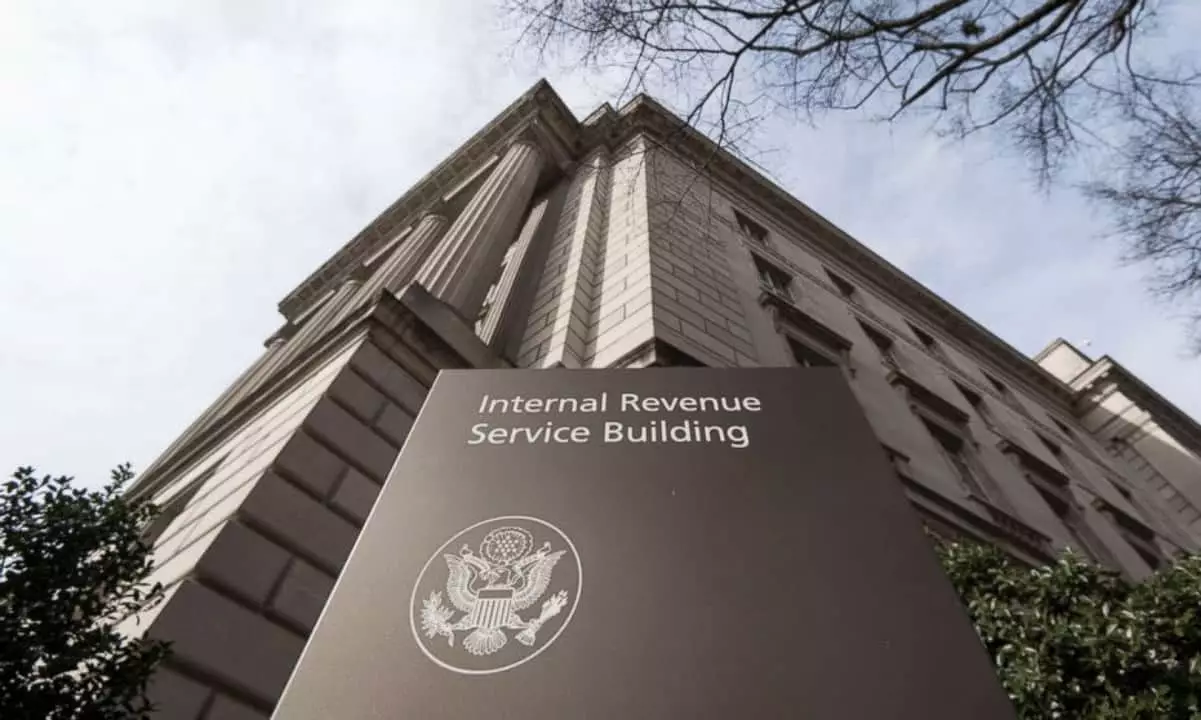As the landscape of cryptocurrency continues to evolve, the IRS has introduced essential changes that will impact how digital asset investors report transactions. Set to take effect in 2025, these regulations will reshape the obligations of taxpayers using centralized exchanges (CEX) like Coinbase and Gemini, as well as decentralized platforms in subsequent years. This article offers a detailed exploration of these changes, the implications for taxpayers, and the necessary preparations for the forthcoming reporting requirements.
Beginning in 2025, cryptocurrency transactions executed on centralized exchanges will require third-party reporting for the first time. The newly mandated IRS form, the 1099-DA, aims to streamline the reporting of all purchases and sales of digital assets. Not only will taxpayers receive this form by early 2026, which details their transactions, but the IRS will also have a copy on file. This dual reporting gives the IRS a robust mechanism to cross-reference taxpayer filings, increasing the possibility of discrepancies if individuals fail to report accurately.
The new requirement applies not just to traditional exchanges but extends to all custodial trading platforms and payment processors involved in digital asset transactions. The introduction of the 1099-DA highlights a significant administrative shift that emphasizes the IRS’s commitment to ensuring compliance in the crypto space. Taxpayers must be vigilant, as the absence of accurate reporting can lead to unforeseen penalties and audits.
One notable exemption in the new reporting requirements relates to cost basis reporting—the original purchase price used to calculate gains or losses. Centralized exchange brokers are not required to report this information until the 2026 tax year. This delay may present challenges for taxpayers aiming to report their taxable gains accurately. Without access to cost basis data from their brokers, investors may find it difficult to determine their actual financial standing accurately.
Tax experts, such as Jessalyn Dean from Ledgible, have raised concerns that taxpayers may unwittingly inflate their tax liabilities or miss out on potential deductions due to this lag. Therefore, individuals should consider maintaining personal records of their transactions to ensure they can calculate their tax responsibilities correctly when the time comes.
While centralized exchanges will implement these reporting changes in 2025, decentralized platforms like Uniswap and Sushiswap will follow suit a year later, in 2027. Transactions on these peer-to-peer platforms will only report gross proceeds, as they do not maintain access to data required for cost basis calculations. This can create complexities for users engaging with decentralized finance (DeFi), particularly for those making multiple small transactions or swaps.
Investors in decentralized ecosystems should be aware of this timeline and prepare accordingly. Collecting and organizing transaction data from these platforms early on can facilitate smoother reporting when the new requirements take effect.
The Impact on Bitcoin ETFs
Investors who have exposure to Bitcoin exchange-traded funds (ETFs) will also need to navigate new reporting obligations in 2025. ETF providers will furnish forms like the 1099-B or 1099-DA, detailing sale proceeds and any taxable events within the fund. This internal management of ETF investments has the potential to generate taxable gains, even for long-term holders who expect their investments to be tax-deferred.
Given the intricacies involved in ETF taxation, Dean encourages investors to consult with tax professionals to leverage sound advice and accurately assess any potential liabilities arising from fund activities.
In a bid to alleviate compliance pressures, the IRS has also introduced automatic relief measures for centralized finance users. This allows certain tax filers to defer immediate action while the agency adapts to the new custodial broker rules. Taxpayers can opt for methods other than the default First-In-First-Out (FIFO) approach, which could artificially raise tax liabilities. For best practices, investors are advised to utilize comprehensive crypto tax software or keep diligent records of their transactions.
As cryptocurrency becomes mainstream, understanding upcoming IRS regulations is imperative for digital asset investors. By prioritizing accurate reporting, embracing systematic record-keeping, and seeking expert guidance, taxpayers can navigate the complexities of these new requirements and remain compliant in an increasingly regulated environment.

